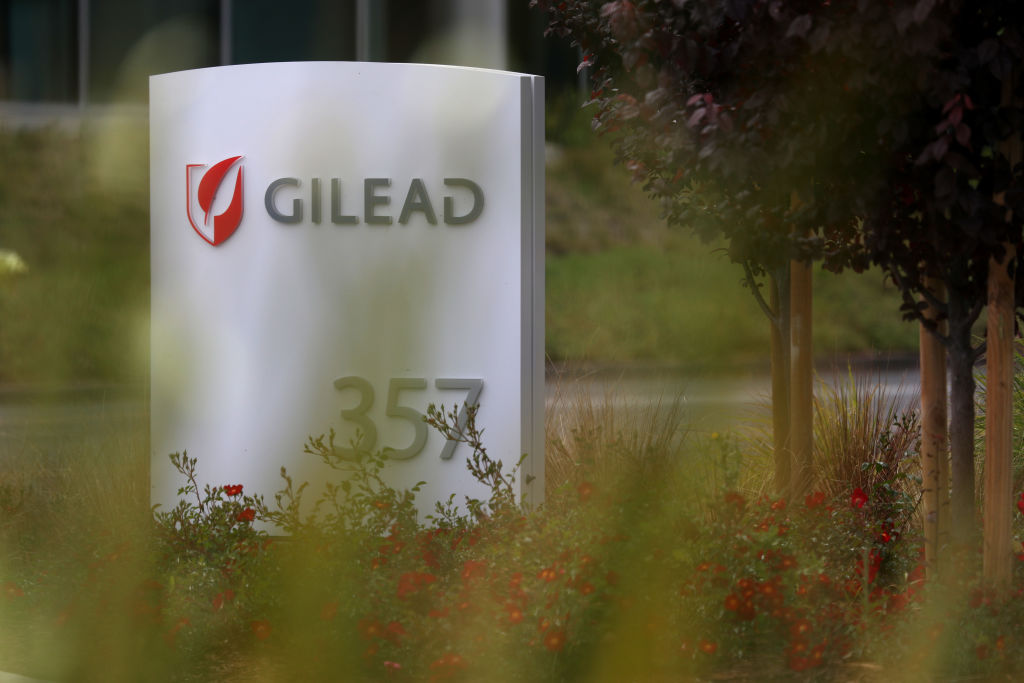
When Gilead Sciences reported earlier this year that its drug Trodelvy met the main goal of a pivotal study in a particular group of breast cancer patients, it offered little detail. The company is reporting some additional data now, but it’s not clear whether they are enough to support the blockbuster expectations placed on the drug, which was the centerpiece of a multi-billion dollar acquisition.

With the Rise of AI, What IP Disputes in Healthcare Are Likely to Emerge?
Munck Wilson Mandala Partner Greg Howison shared his perspective on some of the legal ramifications around AI, IP, connected devices and the data they generate, in response to emailed questions.
Trodelvy is in Phase 3 testing in patients whose HR positive and HER2 negative breast cancer has already been treated with several earlier lines of therapy – these patients are very sick and have a poor prognosis. During the annual meeting of the American Society of Clinical Oncology in Chicago, Gilead presented on Saturday primary analysis from this pivotal study showing that the drug helped patients live a median five and a half months without the cancer progressing or causing death. While that nearly six months of benefit is encouraging, it’s just six weeks longer than the median four months for those treated with chemotherapy.
Hope Rugo, a professor of medicine and director, breast oncology and clinical trials education at the University of California, San Francisco and the lead investigator of the clinical trial, said during the abstract presentation that this 34% reduction in the risk of disease progression or death is enough to meet the main study goal. On the measure of overall survival, or how long patients live after receiving treatment, the jury is still out. Gilead said the first interim analysis of this key secondary endpoint show a trend in improvement, but the data are immature. The study will continue to follow patients to achieve this overall survival analysis.
During the abstract presentation of Trodelvy and others in its class, Véronique Dieras, an oncologist at Centre Eugene Marquis in Rennes, France, said that the Gilead drug did meet the primary goal of its study. But while progression of 5.5 months vs. 4 months is statistically significant, she said it’s not yet clear whether that result is clinically meaningful and leads to a better quality of life.
“Perhaps my potential concern, when we look to the result of a Phase 3 study, we have to ask about magnitude of benefit and if it’s clinically meaningful,” she said. “We see in this study we have only 1.5 months of difference between the two arms. We need, perhaps, more data. Which impact it will have on overall survival—the data are not mature.”
HR positive/HER2 negative breast cancer is the most common type of breast cancer, accounting for nearly 400,000 diagnoses across the world each year. This cancer can spread and when it does, the rate of survival, absent other causes of death, falls to about 30%, Gilead said in its announcement of the Trodelvy results. When this cancer becomes resistant to hormone-based therapies, the main treatment option is one chemotherapy followed by another in sequence. Response to this approach declines, as does the patient’s quality of life due to the toxic effects of chemotherapy.
Trodelvy is an antibody drug conjugate, a type of drug that links a targeting antibody to a cancer-killing drug payload. By targeting the drug to cancer cells, the goal is to limit the toxic effects in healthy tissue. The antibody component of Trodelvy targets TROP 2, a protein on the surface of many solid tumors, including about 80% of breast cancers.
In terms of safety, the Phase 3 test of Trodelvy in HR positive/HER2 negative breast cancer was consistent with earlier studies. The most frequent Grade 3 or higher treatment-related adverse reactions, compared chemo, include low levels of certain types white blood cells, diarrhea, anemia, and fatigue.
Immunomedics was the original developer of Trodelvy, steering it to an FDA approval in 2020 as a treatment for triple negative breast cancer, a rarer but more aggressive type of breast cancer. Months later, Gilead agreed to pay $21 billion to acquire Immunomedics. Under Gilead, the drug has become a modest seller, posting $380 million in sales last year. Expanding the drug’s approval to include HR positive/HER2 negative breast cancer is seen as key to boosting sales into blockbuster territory.
Photo: Justin Sullivan, Getty Images














